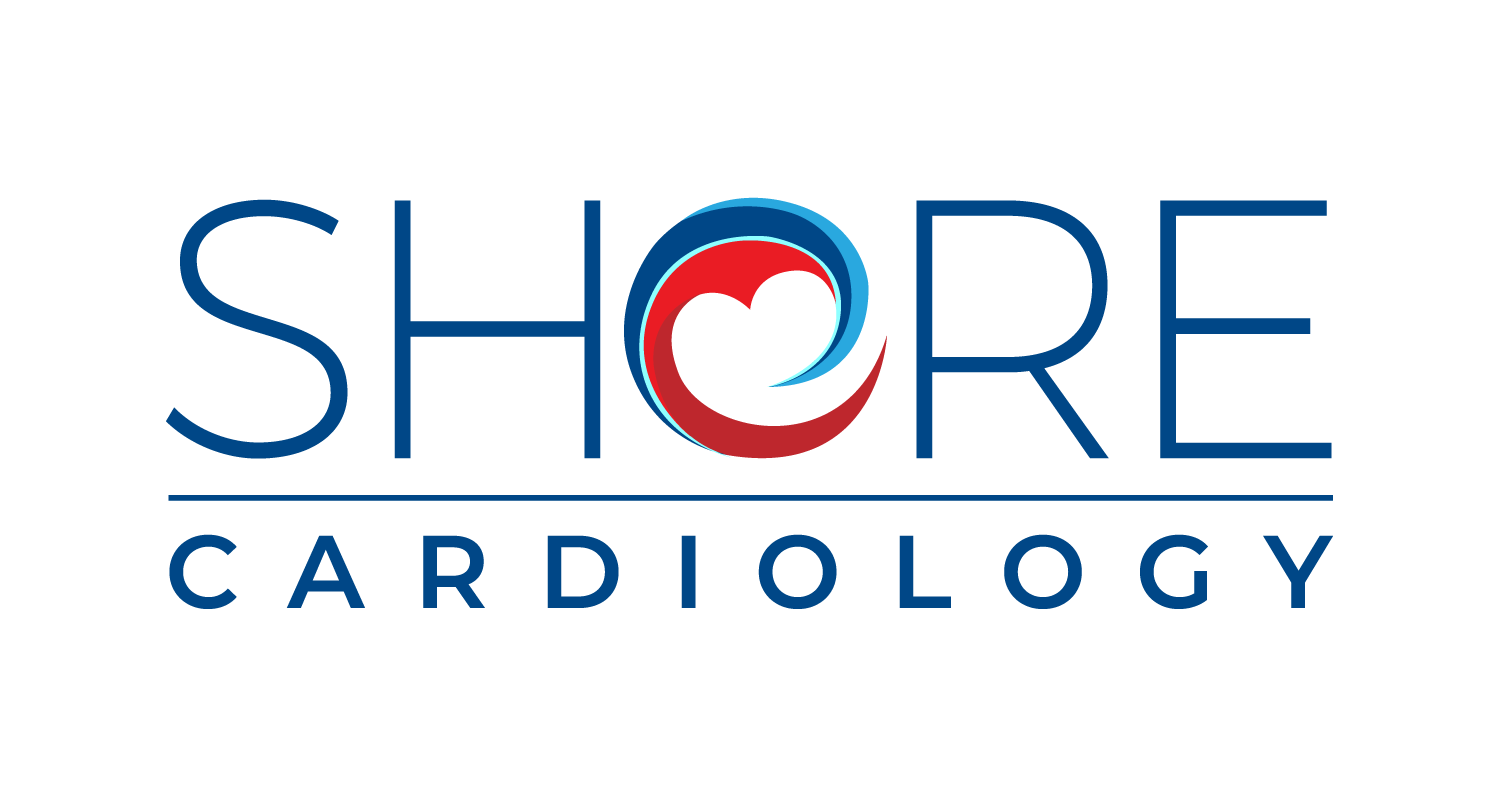Heart Smart Pt 3: Managing Risk Before It Becomes Disease
So, your scan shows early signs of plaque build-up. Or maybe your blood test flags elevated Lp(a). It’s not a heart attack – but it’s a warning sign.
The good news? Finding heart disease early gives you the chance to take control. In many cases, this is the turning point that prevents future events altogether.
Here’s what happens next.
Lifestyle Changes That Actually Work
Forget generic advice – this is about evidence-based changes that move the needle:
Diet: Focus on whole, minimally processed foods. More plants, less saturated fat. The Mediterranean diet remains a gold standard for heart health.
Exercise: Aim for 150 minutes of moderate activity per week, plus strength training. Even short walks after meals help.
Sleep and Stress: Poor sleep and chronic stress can worsen inflammation and blood pressure. They’re often overlooked – but they matter.
You don’t have to overhaul your life overnight. The key is consistency and support.
Medications: When They’re Worth It
If your tests show early plaque or high risk, medication is often part of the plan – even if you feel fine.
Statins: These reduce cholesterol and stabilise plaque. They’re especially helpful if you have a high calcium score or elevated Lp(a).
Ezetimibe: Often used with statins to further reduce cholesterol.
Blood Pressure Meds: If needed, they lower strain on your arteries.
Emerging Options: PCSK9 inhibitors and Lp(a)-lowering treatments are on the horizon for high-risk patients.
Every treatment plan is tailored. At Shore Cardiology, we balance the data with your personal goals.
Follow-Up and Monitoring
Heart disease doesn’t disappear overnight – but with proper management, it can be slowed or even halted.
Repeat Imaging: In some cases, we’ll re-scan after 3–5 years to track changes.
Stress Testing: Useful if symptoms appear, or to monitor known narrowing.
Ongoing Support: Your GP and cardiologist work together to guide your progress and adjust as needed.
Think of it like brushing your teeth – a regular, long-term approach to prevention.
Taking Action Early Pays Off
You don’t need to wait for symptoms to take your heart health seriously. If we act early, we can often avoid the need for stents, surgery or emergency care down the line.
At Shore Cardiology, we help you navigate your risk with clear steps, cutting-edge tools, and expert care – so you can live with confidence, not uncertainty.
Need help understanding your risk? Book an appointment today to start your personalised prevention plan.

